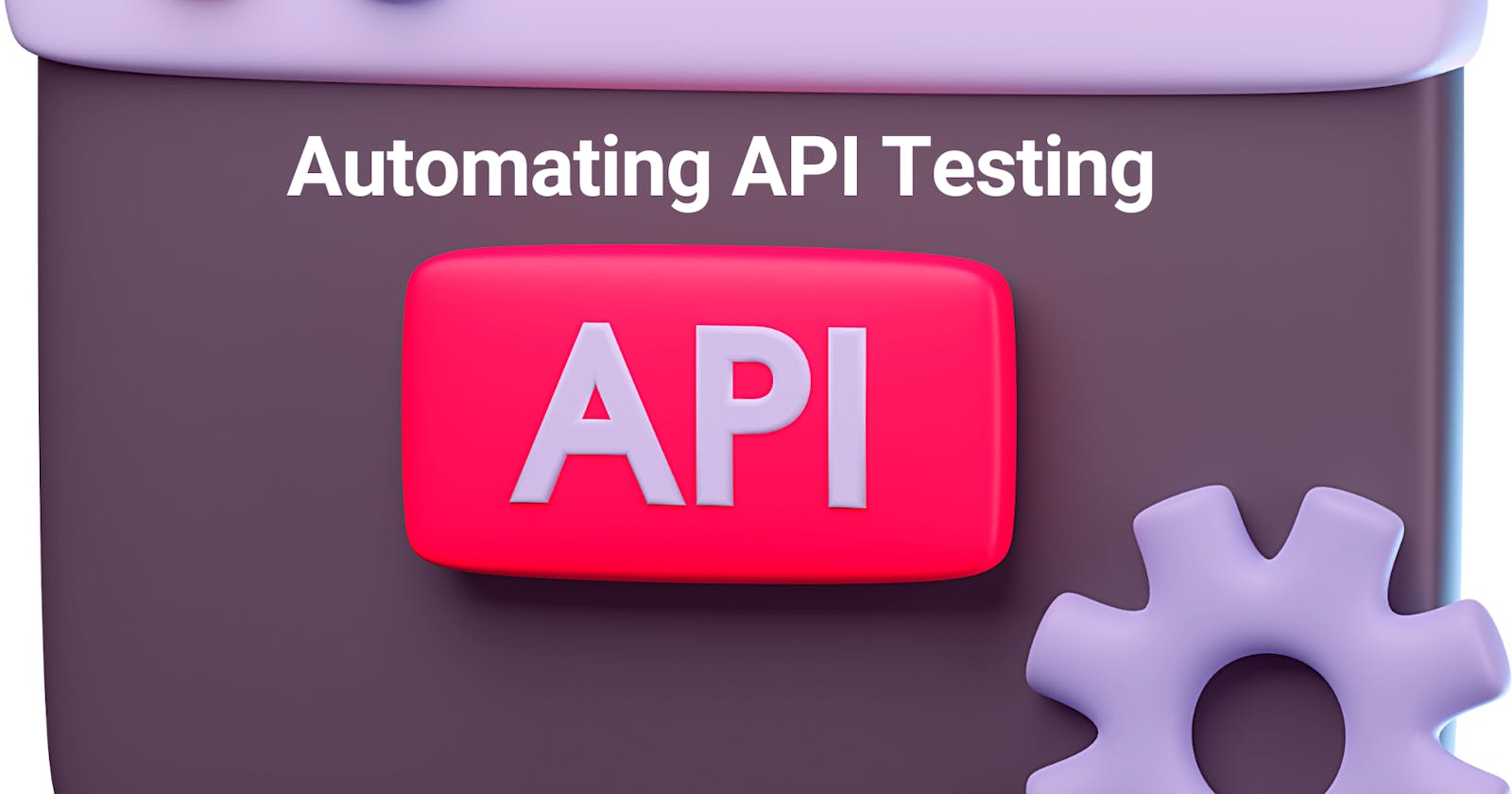API (Application Programming Interface)-based solutions are preferred by organizations to increase efficiencies by offering cost-effective solutions. It is a software facilitator that allows two applications to talk to each other; such interaction between applications is important in today’s world where multiple systems are integrated into an ecosystem to offer the best experience to the users. To ensure the API-level applications are performing as expected, they should be subjected to testing.
Customer preferences are ever-changing; it is important to align the services to the customers’ requirements to stay ahead of the curve. To create new business opportunities and strengthen the organization’s core services, they are leveraging API. API-driven systems redefine the business process by utilizing data better and encouraging better digital experience.
What are open APIs? Why are they beneficial?
APIs are the interface used for a secure mode of information sharing for a specific feature across multiple organizations. Open APIs are the ones that can be accessed over the internet by the developers for free without creating any kind of discrepancies.
Open APIs are basically improving the business experience to both individuals and corporates. The adoption of open APIs is growing rapidly, and businesses must enable comprehensive, secure, real-time information sharing using open APIs. Most software programs available today rely on open APIs technology for the multiple features it offers.
Benefits of open API
Offers easy implementation
Based on Cloud technology; can be used from anywhere, anytime
Offers seamless integration
Saves infrastructural and operation cost
Customizable workflow
Seamless user experience
Offers greater functionality
What is the need to automate API testing?
Testing is usually conducted to ensure the quality of the software. API programs are usually complex and require a specialized testing approach to address the complexities and efficiently identify bugs and improve the software quality. Testing ensures that the APIs are tested quickly and efficiently so that it is released faster.
API involves interaction between two applications, which is a complex interface to test. Manually testing API can be extremely challenging, prone to errors, consume a lot of time and effort, and involve a lot of cost. Hence, to address these challenges a testing solution is required that will fast-track delivery and improve the quality significantly. Automating testing is the solution to improve time-to-market while keeping quality intact.
API testing involves a well-defined strategy to streamline the process and improve efficiency. Only a well-defined strategy can help streamline the process and yield expected results, while a lack of or poor strategy can lead to unpredictable errors which may be hard to fix, or which may not even be easily identified.
Following strategy should be implemented while performing API testing:
Thoroughly understanding the functionality of the API program
Defining the scope precisely, so none of the steps is missed
Using a well-reviewed and rated test automation tool
Investing in writing quality test cases for the API
Key values that are used for testing should be correctly defined
Checking if the test results are the same as the expected results
Since the API program involves the interaction of two or more interfaces, testing should be carried out by grouping the test cases in different, logical test categories. The different interfaces are logical business layers, which when not tested thoroughly can severely affect the organization. The whole process not just involves testing different interfaces, but also to checks how it performs in the ecosystem.
Testing of APIs will require tools to automate the process. Tenjin Online is the world’s most advanced Cloud native testing suite covering a wide gamut of capabilities — test life cycle management, codeless automation for web and mobile, DevOps integration, device farm integration, defect management integration and many more exciting features. Try for free, if you are looking for app testing solutions.
